The joy made of Saro
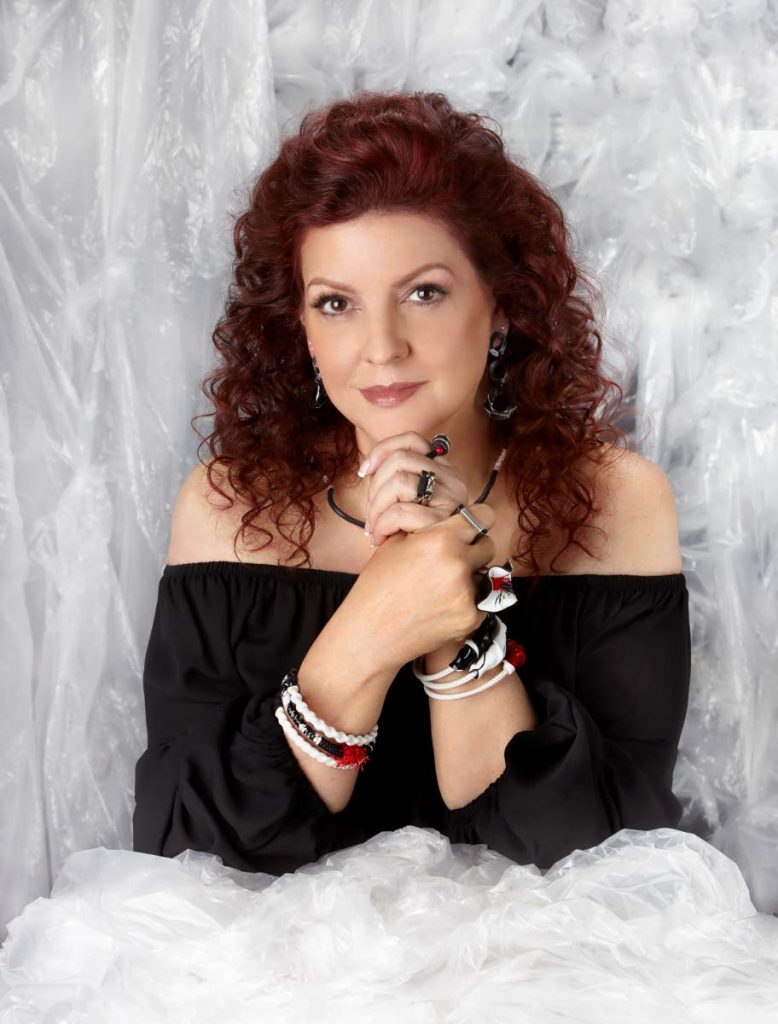
AS TOLD TO BC PIRES
My name is Sonya Sanchez Arias and 42 years ago, when I was 13 and he was 14, my brother, Saro, died.
I would have loved to have known who Saro would have married. Who his kids would have been.
But I’m grateful for the 13 years we had together.
My mother, Judy, was dating a Venezuelan and didn’t want his family to be bad-mouthing her without her knowing, so she went to Spain to learn Spanish.
And met my father, Sarin, who was a bullfighter. Not too many people can say that!
Saro and my elder sister Lydia were both born in Spain.
My grandmother visited them in their cramped little apartment and insisted they come to Trinidad.
I think my husband, Fernando Arias, fell in love with me because I showed him his island heritage. His family left Havana and went to Miami in 1965 with only the clothes on their backs.
Cuban Americans are so terrified of socialism, they cannot see Trump is fascism.
But not my husband. I cannot even put into words how angry he is about Trump, a man who is everything his family taught him not to be.
Any black, brown-skinned or Latino person or woman that votes for Trump is like a chicken voting for KFC.
I don’t block Trump people on Facebook. Because they always prove my point!
Every penny I’ve ever earned in my life has come from photography or art. My husband is a photographer, too.
Fernando and I have two Yorkies, Dreadie, 15, and, Ziggy, 16.
My cat was called Smokey and my lovebird, Bunty. They’re like family.
My sister was really good birth control. Every time we visited and saw her children climbing up the walls, we would think, “Maybe next year!”
I was born in Trinidad. My grandparents’ home on the Western Main Road, across from the police barracks, where we lived until I was four, had a huge influence on my life. Because it was the best place for Carnival. And Hosay.
I would look through the little gate at all the jab-jabs and jab-molassies, scream, run away, and pelt back to the gate for more. I got a full dose of culture in my formative years.
I consider myself a recovering Roman Catholic but an extremely spiritual person.
Religion is for people who are afraid of Hell and spirituality is for people who have already gone through Hell.
I absolutely believe in the afterlife.
Saro was allowed to go out, do what he liked, whatever, whenever.
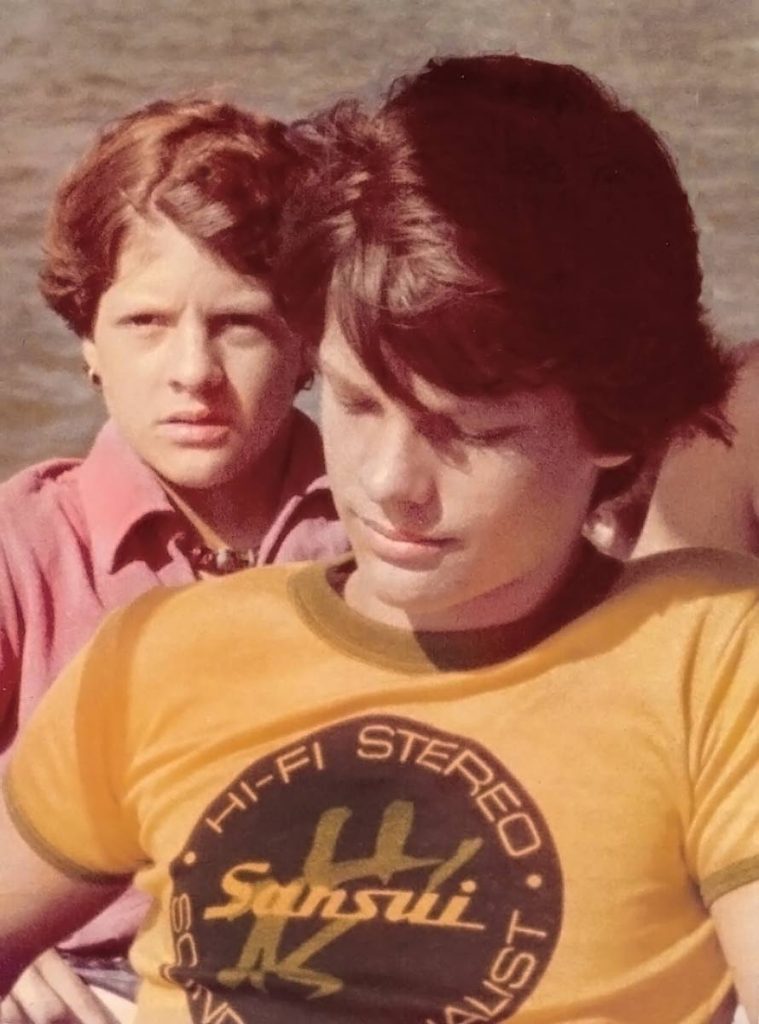
The girls were a different story. The young boys would pass our house and say, “Forget those two girls in that house. Their father is a bullfighter.”
Saro was fearless. Like, he would skateboard down Lady Chancellor Hill, in the days when you didn’t wear kneepads or helmets.
I always thought he would grow up to be a stuntman for the movies.
Death happens to old people and sick people, not your 14-year-old big brother. Especially under the circumstances in which it happened (a home-made bomb exploding in his hand).
No one knew what to say to me. Conversations were very hard.
Even today, for somebody like BC Pires asking if it’s something I could talk about “for the papers,” it’s hard for them.
So, back then, it was really hard.
My dad was in Spain, at his own father’s funeral. My mother had to call him in Spain, to tell him that his son had just died.
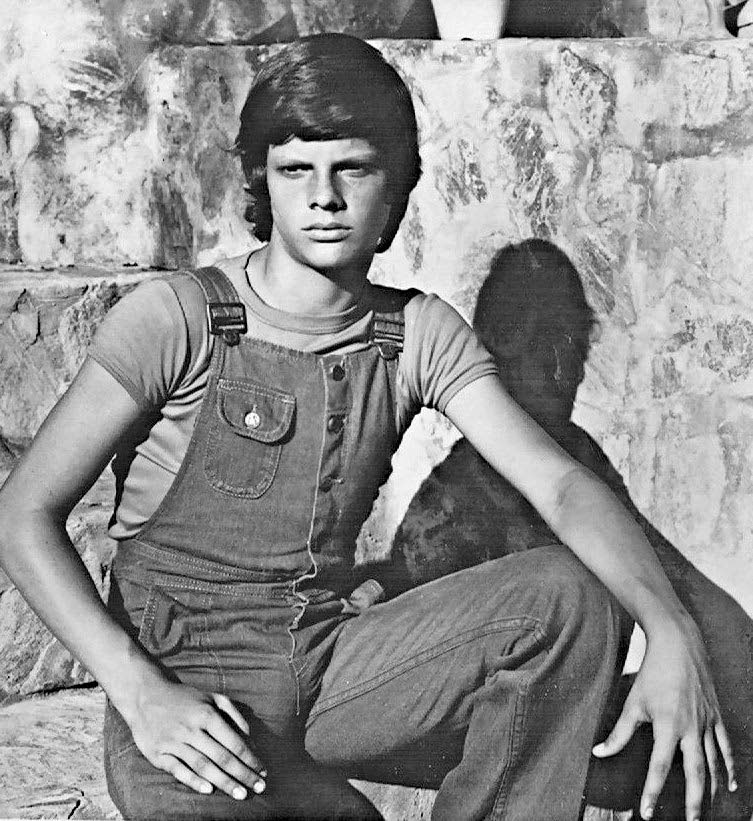
He hit the concrete wall next to the phone with his fist so hard, he broke his hand.
Everything about my brother’s death was traumatic.
I think my mother knew, physically, felt it in her bones, the moment he died. We were watching TV together and she had been uncomfortable that whole day. All of a sudden, she gasped.
At one point, she jumped up, in distress, and ran to the window and saw the car coming up the driveway. Lydia hadn’t opened the car door yet and my mother was wailing, “Where is my son?”
There are a lot of emotional parts of Saro’s story but I still get emotional over this: I remember my mother dropping to her knees and screaming. It was like someone had pulled her soul out of her body. I still shiver today.
I suppose I never wanted to go through that.
My brother and I were like mad scientists – I still see myself as a mad scientist in my own works of art, using (found materials).
Then Saro got a book at CIC that taught you how to make gunpowder…
I helped him to make gunpowder all the time.
I know exactly how he made the bomb. He’d made several like it before.
We didn’t know we were making home-made grenades.
He’d throw them in the river and they would go off underwater and the fish would float up, like, shocked. That’s how he fished.
Death either brings a family closer together or it completely shatters it and that’s what happened to my family.
I lost everybody.
My parents got divorced.
Lydia wanted to just leave her (future) husband Richard. They’re still married today.
My mother, Judy, was like my brother, Saro.
I come back and forth to Trinidad for my exhibitions and it’s amazing how many people take the time to come up and tell me how much of an impact Judy and Saro had on them.
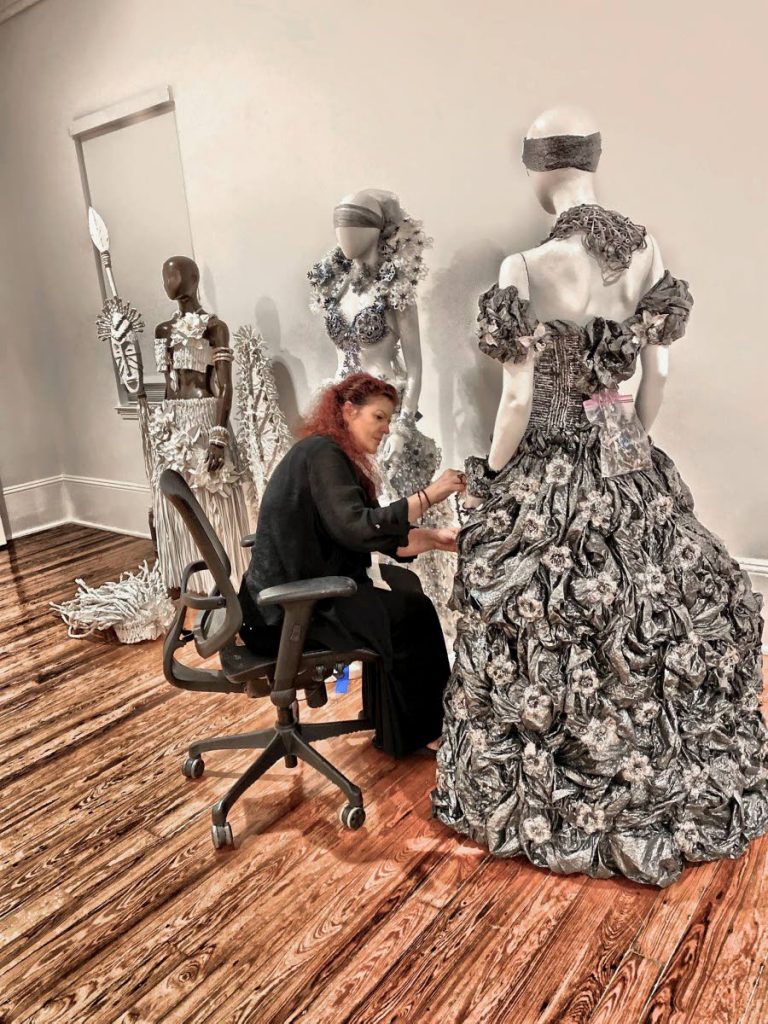
That’s very healing. It’s wonderful that they’re remembered by so many in such a loving way.
I’ll be the age, this year, that my mother was when she died in 1999. She’s another one who went too soon.
I don’t think my father ever recovered from losing Saro.
Papa died in 2010. He would have been 44 when Saro died.
Judy kind of “adopted” a lot of troubled teenagers and offered them a neutral territory and an “older sister” perspective.
This Christmas gone, I went for dinner by (fashion designer) Meiling and a lot of Minshall people came around, like Wendell (Manwarren, of rapso group 3canal) and the entire conversation was about how Judy brought them into the mas camp, helped them with their art.
After about two hours of Judy stories, (the artist) Ashraph asked me, “How long has Judy been gone?”
And I said, “More than 21 years now.”
And a woman at the table (new to Trinidad) said, “Oh my God! This person you’re talking about has died? I hope that, when I die, my friends and family speak about me the way you guys have been talking about this Judy.”
I’m real proud to be a born Trinidadian.
By circumstances, and by choice, I am now American.
It’s like having two parents who are divorced. They can’t live in the same house but they’re still very important to you and make you who you are. I love both of them.
To me, Trinis are a melting pot of many different ingredients, cultures and races, all exceptional on their own. But, when mixed together, a unique blend of delicious flavours and endless possibilities.
To me, Trinidad and Tobago means a multi-layered, multi-ethnic hybrid nation.
I am the culmination of all of the tenacity and potential of generations of all of Trinidad’s ancestors and all their contributions. I am, as Minshall would say, “the tip of the spear that leads into the future.”
Read the full version of this feature on Saturday at www.BCPires.com
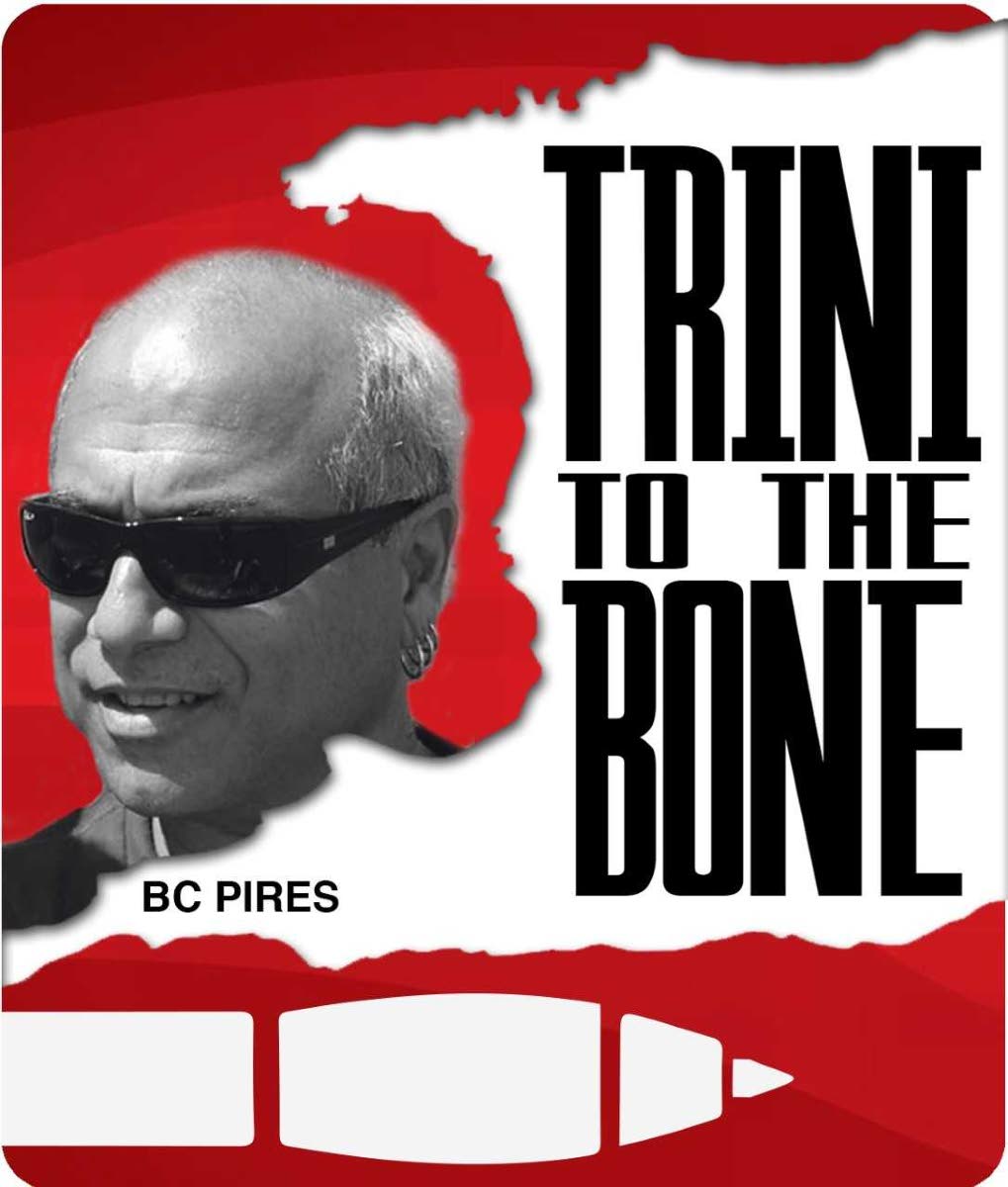

Comments
"The joy made of Saro"